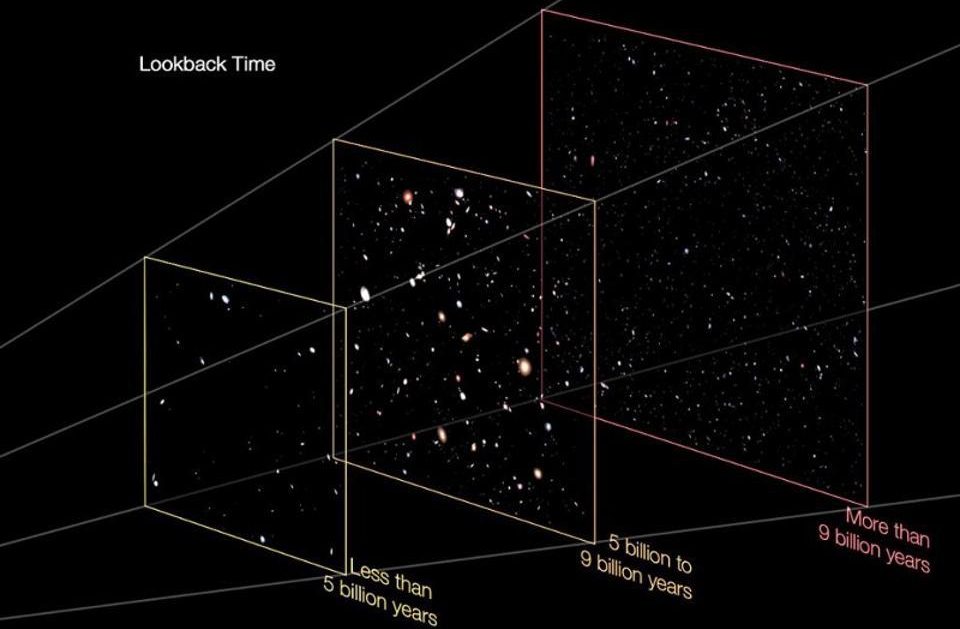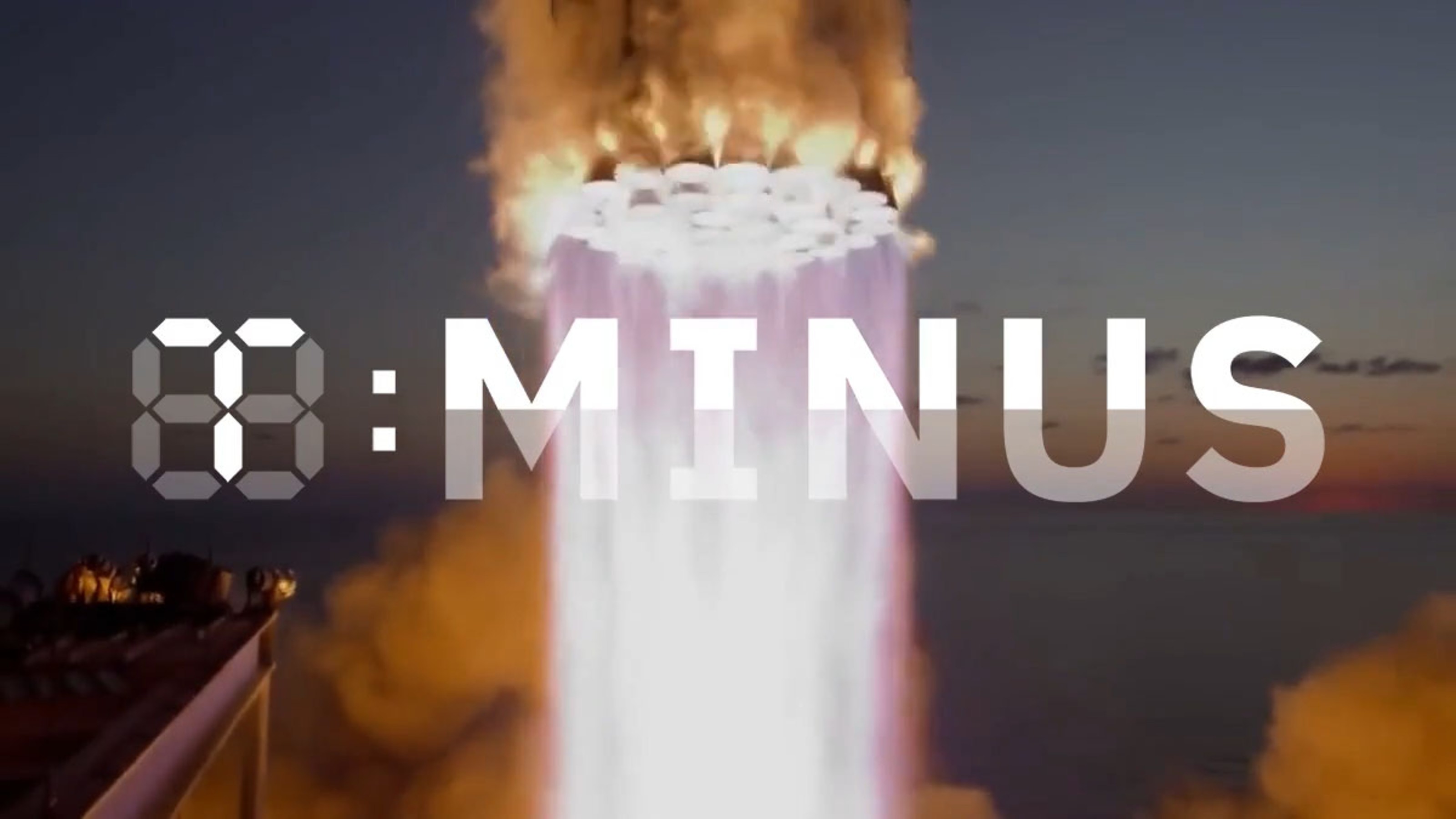Sign up for the Smarter Faster newsletter
A weekly newsletter featuring the biggest ideas from the smartest people
Thriving in life requires fortitude. It’s a strength that Professor Cornel West refers to as spiritual fortitude. What gives us power in life, he says, is not anything in the world, but our own internal resources. Concepts like hope, faith, and love have no material reality—save perhaps for neurons firing in the brain—yet they are the cornerstones of human well being. Introspection will deliver you infinitely more hope than an archeological expedition. Although to be sure, navel gazing alone won’t get you through life. Discovering “groundless but soulful” resources on the inside is a first step toward acting them out. Being hope, being faith, and being love are what living is really all about, says West. This video is part of a collaborative series with the Hope & Optimism initiative, which has supported interdisciplinary academic research into under-explored aspects of hope and optimism. Discover more at hopeoptimism.com.
CORNEL WEST: And for me anytime I get a chance to reflect on hope it always begins with what the great Antonio Gramsci would call a "critical self-inventory" because hope is in fact the kind of notion you could never really wrap your heart and mind and soul around, you have to give an account for the hope inside of you so it's existential, it's very personal. It may be groundless but it can be soulful, which is to say, "what keeps you going?"
How do you account for the brief trek between mama's womb and tomb? What has gone into the shaping and molding, the situating and locating of yourself and soul in relation to others knowing that the self is always connected, intimately shaped by others. So I begin any talk about hope, let alone justice, with acknowledging that I am who I am because somebody loved me, somebody cared for me.
Why do I begin—this is not a sentimental, this is what I call revolutionary piety. Piety is acknowledging one's indebtedness to the sources of good in one's life. It's trying to account for the forces that have pushed one, the wind at one's back in whatever progress one has made in life. And sometimes the progress is simply negative, not to commit suicide this morning. That's a breakthrough. And how do you do that? By acknowledging the ways in which the indebtedness that you have allow the afterlife of those who came before to be manifest in your life if the best of what they are is enacted and embodied in the best that you're attempting to be.
Now, in the academic context a lot of people call that Emersonian perfectionism, it's a kind of reliance on a self that's forever rescinding. It's always non-conformist. It always cuts against the grain. It's always contrary. It's always acknowledging degrees. It is subverting the worst and preserving the best. Now conservative and preservative are two very different things. I am committed profoundly to tradition, to preserve not to conserve, to preserve the best and it ends up being over, against a status quo. I come from a tradition of peoples, of family who have been hated chronically and systematically for 400 years and yet still taught the world is so much about how to love. I could just turn on John Coltrane's "Love Supreme" right now and sit down. That's it. "A love supreme. A love supreme."
It goes back to the spirituals and the ring shout, it goes back to the blues, it goes back to Robert Johnson, it goes back to Ma Rainey and Bessie Smith, it goes back to Charlie Parker. You could feel that tradition through him and we're living in a Trump moment, which is a moment of spiritual black out, which is the relative eclipse of integrity, honesty, decency. Across the board, it's not just him. You don't isolate him. You don't fetishize him as some individual, he represents the worst of the American empire, the worst of American culture, the atavism, the narcissism, the xenophobia, the white male mendacity and mediocrity that has a long history in the country and now the chickens have come home to roost.
What does that mean? It means that when we look at him we also ought to look inside of ourselves and our neighborhoods and our hoods and our communities and our mosques and synagogues and churches and in our civic institutions. There's a long history of white supremacy, long history of the rule of capital over labor, long history of vicious forms of patriarchy and homophobia at work in the history, he doesn't just fall from the sky. Now why is that important? Well, it's because indeed if you're going to count for the hope inside of you then you have to acknowledge that you've been on intimate terms with catastrophe. That's echoes of Sophocles and Antigone. All the forces, social, psychic, cosmic are against you.
No serious talk about hope unless it’s tied to integrity. Why? Because the virtues themselves in and of themselves are too narrow. Courage is never enough because Nazi soldiers can be courageous and still be thugs and gangsters. You need spiritual and moral dimension to your courage. The old school Romans called it fortitude, a fusion of courage and magnanimity, the fusion of courage and greatness of character. Spiritual fortitude tied to revolutionary piety to be what? In John Coltrane's language a real force for good. So what are we talking about? We're not talking about a discourse of hope, we're talking about being a hope. Hope becomes more like a verb. Action. Like the conclusion of a practical Aristotelian syllogism, which is an action and not a proposition. Which is a live life, a mode of being in the world.





